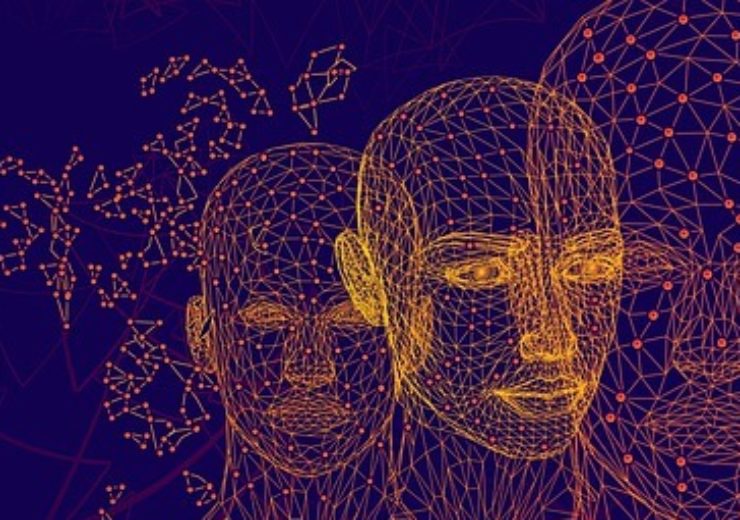The depression outcomes registry was launched in 2016 to collect and analyze outcomes data from treatment with NeuroStar Advanced Therapy

Image: Neuronetics unveils promising new research data on Depression. Photo: Courtesy of Gerd Altmann from Pixabay.
Neuronetics, a commercial stage medical technology company focused on designing, developing and marketing products that improve the quality of life for patients who suffer from psychiatric disorders, will present its latest patient treatment data and key findings at the 32nd Annual Psych Congress in San Diego, October 3-6, 2019. Psych Congress is a leading independent mental health continuing education conference for advancing psychopharmacology, psychotherapy and wellness.
Neuronetics will share new data from its depression outcomes registry, the largest in the world for Major Depressive Disorder (MDD), which recently surpassed 3,300 evaluable patients. The latest data from patients evaluated using the clinician rating scale of CGI-S (N=1078) shows more than three quarters of patients (76 percent) respond to an acute course of NeuroStar transcranial magnetic stimulation (TMS) treatment and 54 percent achieve remission. This further validates efficacy results shown in a prior open-label study, which showed a 58 percent response rate, and 37 percent remission using the same rating scale.1
The depression outcomes registry was launched in 2016 to collect and analyze outcomes data from treatment with NeuroStar Advanced Therapy in real-world clinical settings, and now includes data from 100 clinical practice sites across the country. The NeuroStar outcomes registry has surpassed the number of evaluable patients in the Sequenced Treatment Alternatives To Relieve Depression (STAR*D) study (n=2,876), which was previously the largest long-term study of drug treatment strategies for patients with depression.
“The clinical evidence we’re seeing continues to validate NeuroStar as an effective treatment option,” said Dr. Todd Hutton of Southern California TMS Center and 2019-2020 President of the International Clinical TMS Society. “I’m proud of my participation in the NeuroStar outcomes registry and know the work we are doing and data we uncover is helping to change lives and shape potential future TMS applications to better serve MDD sufferers across the nation, and the globe.”
An additional poster presentation will include clinical research supported by Neuronetics as part of its investigator-initiated trials program, which is focused on post-traumatic stress disorder (PTSD) and traumatic brain injury (TBI). The poster session will showcase preliminary data from researchers at the Uniformed Services University of the Health Sciences, which suggests TMS therapy may be a safe treatment option for military patients with diagnosed TBI and symptoms of PTSD. According to Mental Health America, PTSD affects more than 12 million American adults in any given year. This data will be presented by Jared Garland, Clinical Research Assistant at the Henry M. Jackson Foundation for the Advancement of Military Medicine.
“The registry results further underscore the proven efficacy of NeuroStar,” said Chris Thatcher, President and CEO of Neuronetics, Inc. “And, we are excited about the potential of bringing life-changing NeuroStar TMS treatment to patients suffering from complex and difficult diagnoses like PTSD. These early insights are helpful as we embark on clinical work that will set the stage for expanded indications.”
Source: Company Press Release
